The Commission presented the new strategy in the Black Sea region

“The new strategy for a stable and secure Black Sea region,” as the title of the plan states, was presented by the European Commission. “The strategy aims to strengthen Europe’s connections with the South Caucasus, Central Asia, and beyond. Amid Russia’s aggressive war against Ukraine, the strategy will aim to enhance the EU’s geopolitical role as a reliable actor in the Black Sea region,” stated the EU High Representative for Foreign Affairs and Security Policy, Kaja Kallas.
The orientation of the hub to be created is “for the EU to forge closer cooperation with Ukraine, Moldova, Georgia, Turkey, Armenia, and Azerbaijan and to promote regional cooperation for connectivity,” as emphasized by Ms. Kallas during the presentation of the new strategy.
According to the plan presented today at the Commission, future cooperation with the Black Sea region is structured around three pillars. Initially, enhancing security, stability, and resilience. Then promoting sustainable development and prosperity, and finally promoting environmental protection, resilience, and preparedness for climate change. Achieving these requires the implementation of initiatives to “unlock the region’s development potential,” as well as to “address the immediate challenges of conflict and security.”
Creation of a maritime hub in the Black Sea
The plan includes the creation of a maritime hub in the Black Sea that “will protect critical maritime infrastructure and the marine environment. It will also enhance regional cooperation for demining and address environmental and maritime security risks.” At the same time, as the foreign policy chief emphasized, it is important, as she said, that in this corridor connecting Europe with Central Asia, through the South Caucasus, energy transport networks are developed through a “special connectivity agenda – aligned with the expanded trans-European networks.” Furthermore, Black Sea countries will be strengthened to address environmental damage related to the war.
During the presentation, Ms. Kallas was asked about the location of the maritime hub in the Black Sea and its funding, emphasizing that it is a matter that will be discussed with the EU member states. “We will work with member states regarding the appropriate location and operational model, because I think it is important for it to be regional and not national, as this is a European project,” she stated and emphasized that the cost will depend on the location and the operational model, which again must be agreed upon by the EU member states.
Regarding the creation of the hub proposed by the Commission, she emphasized that “it will be Europe’s early warning system in the Black Sea. It will enhance situational awareness and help protect critical infrastructure, such as underwater cables. Faster equipment transfer to the region enhances deterrence and also supports NATO. We want better control of foreign ownership in ports and critical facilities,” she emphasized and referred to the strengthening of the region against hybrid actions.
“It is a vital artery for us in terms of trade, energy flows, and food exports, and its stability is also central to our security,” stated Commissioner for Enlargement, Olivér Várhelyi during the presentation, which was also attended by Joseph Borrell, European Commissioner for International Partnerships. As Ms. Várhelyi said, “we will develop new energy corridors, transport connections, and digital infrastructures to the Caucasus and Central Asia together with our partners from the Black Sea region.” “This will help us diversify away from Russia, as we committed in ‘REPower EU’. It will help us eliminate risks in our energy systems and unlock new investment opportunities for the development of clean technologies.”
During the presentation, Ms. Kallas was also asked about Turkey’s role in this EU plan, to which she responded that “this new strategy for the Black Sea is also an invitation for closer cooperation on issues of interest to all countries around the Black Sea, including Turkey. We are committed to working closely with our partners and also to exchanging information about what is happening and what we can do about it with all Black Sea partners. And this is in Turkey’s interest as well,” she concluded. (28/5/25)
What's Your Reaction?
 Like
0
Like
0
 Dislike
0
Dislike
0
 Love
0
Love
0
 Funny
0
Funny
0
 Angry
0
Angry
0
 Sad
0
Sad
0
 Wow
0
Wow
0

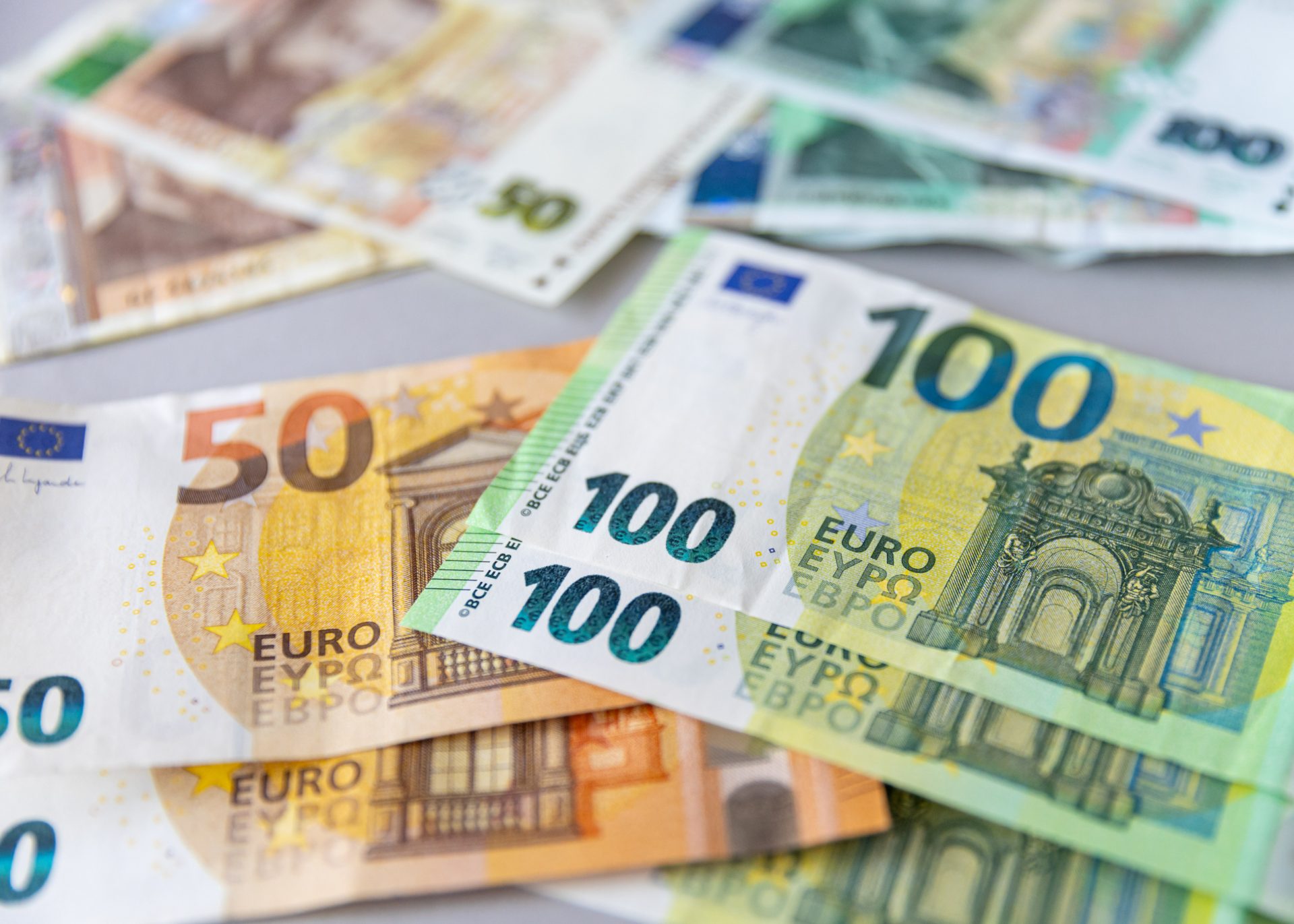






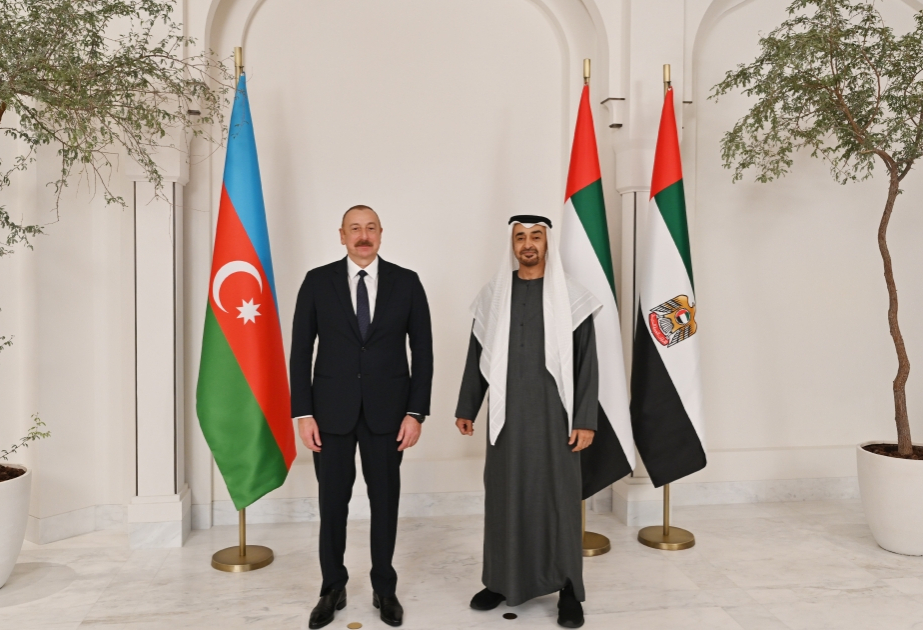










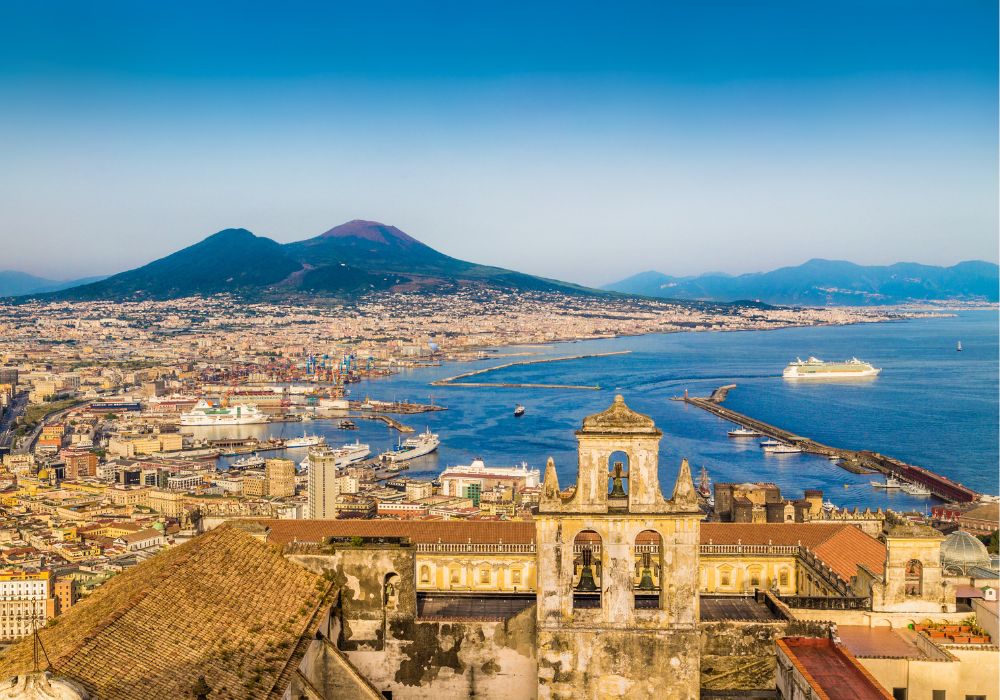
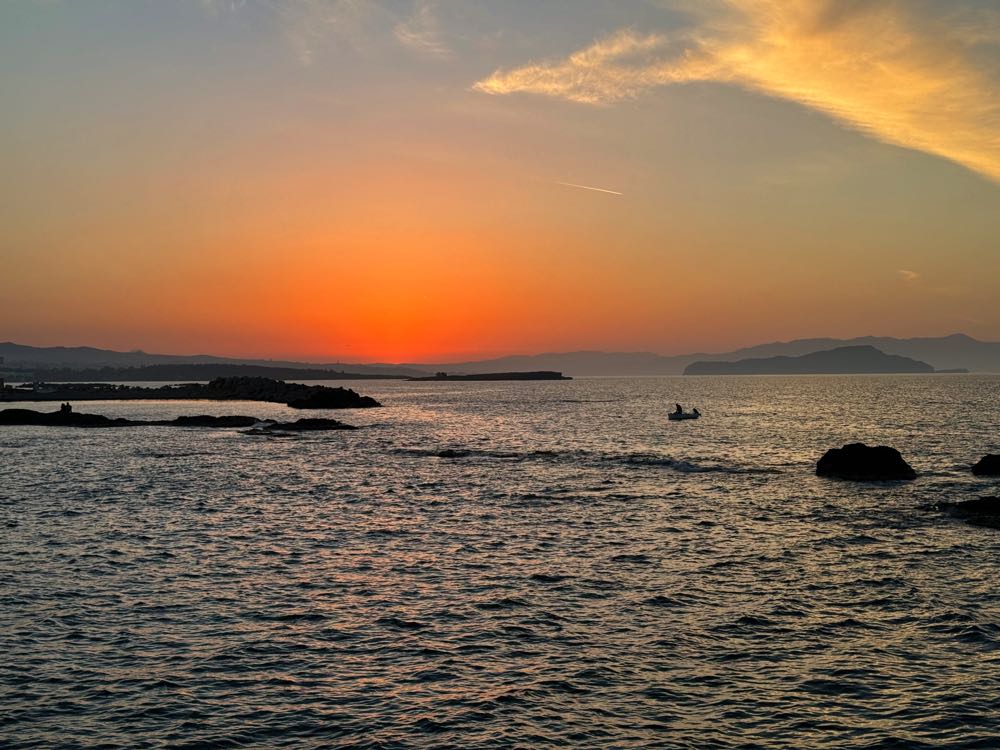


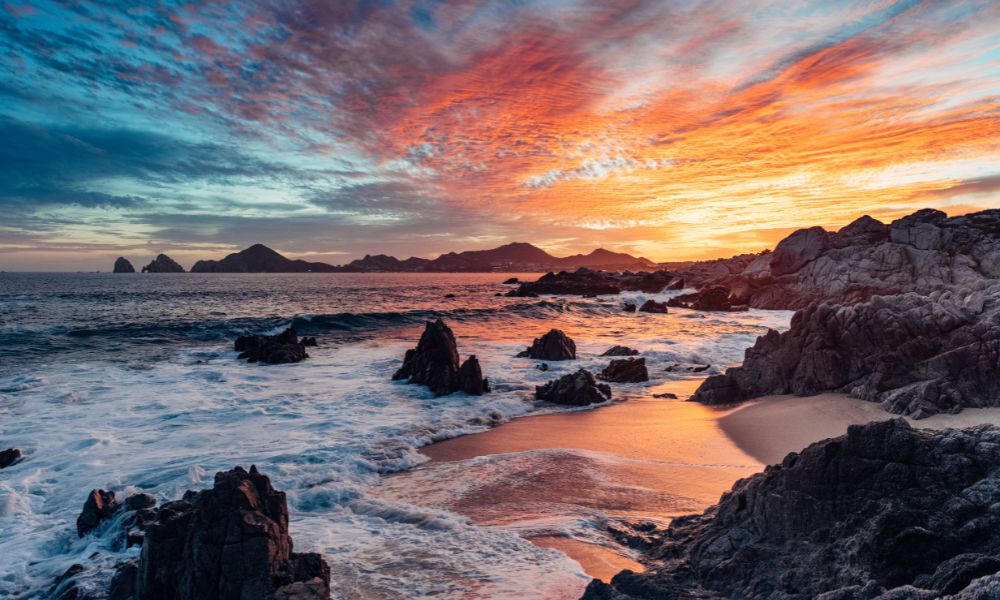













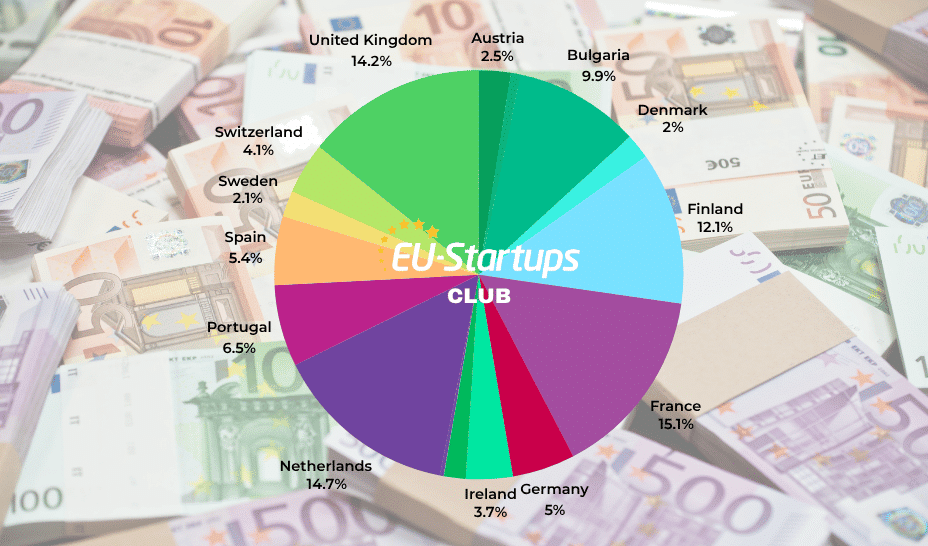




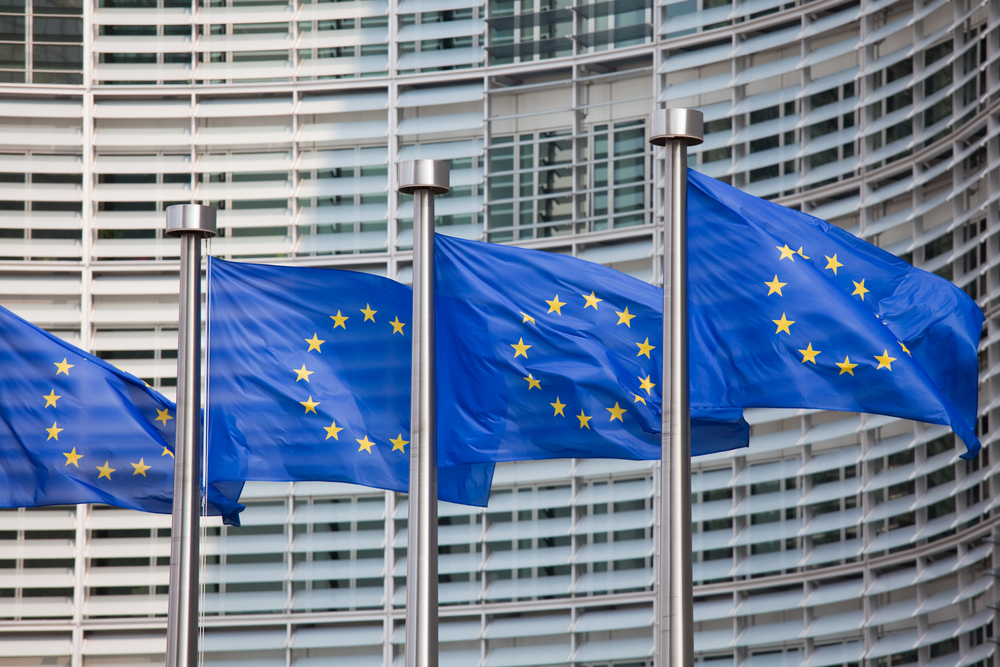
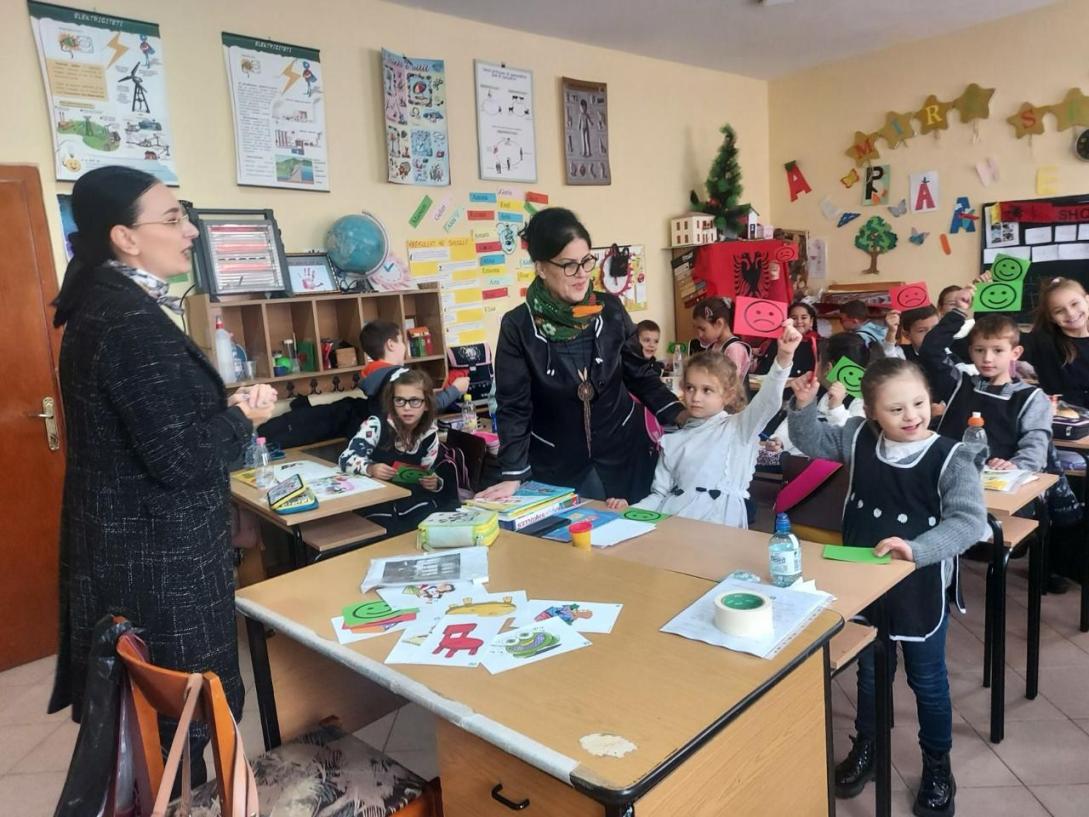
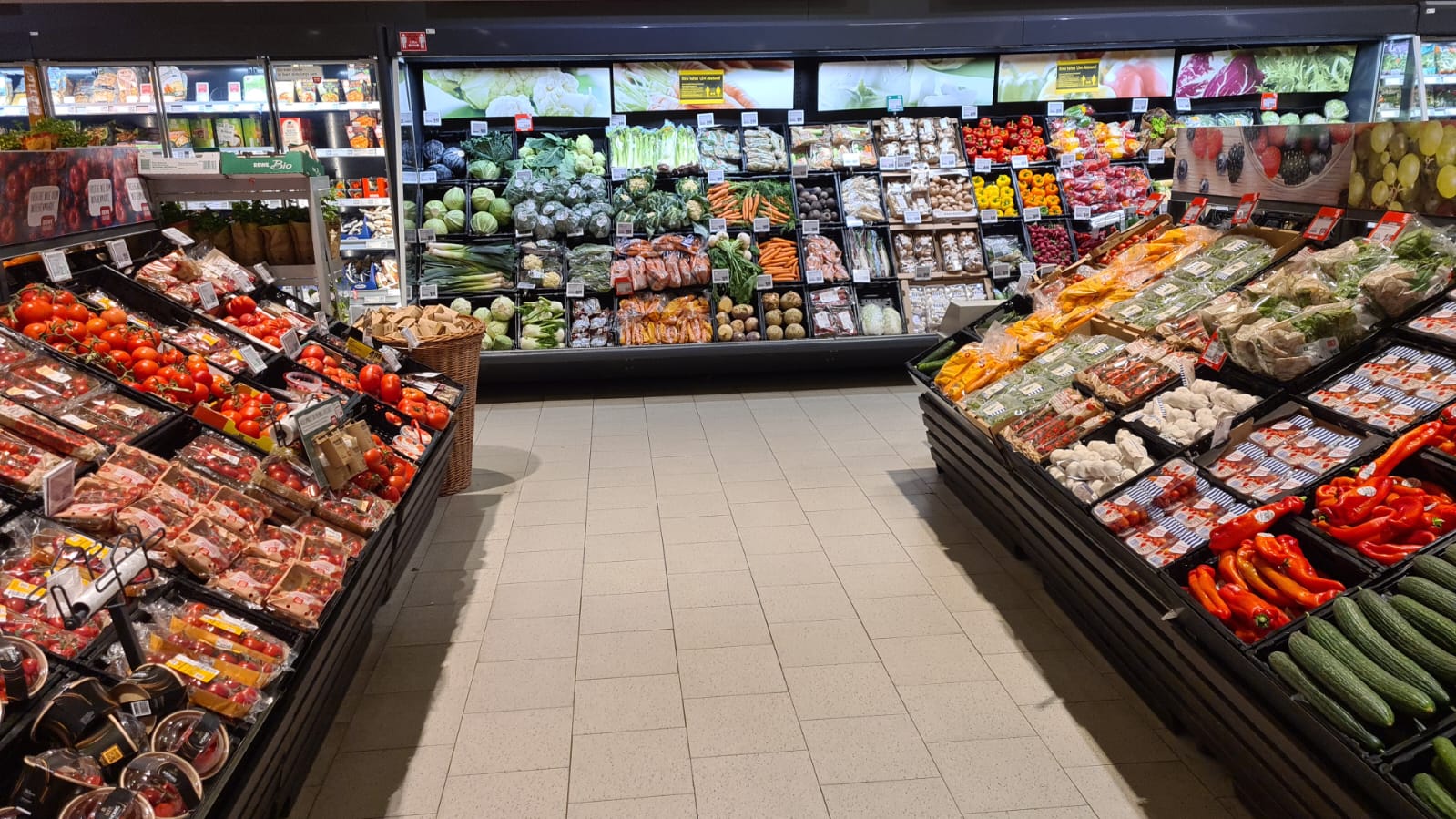
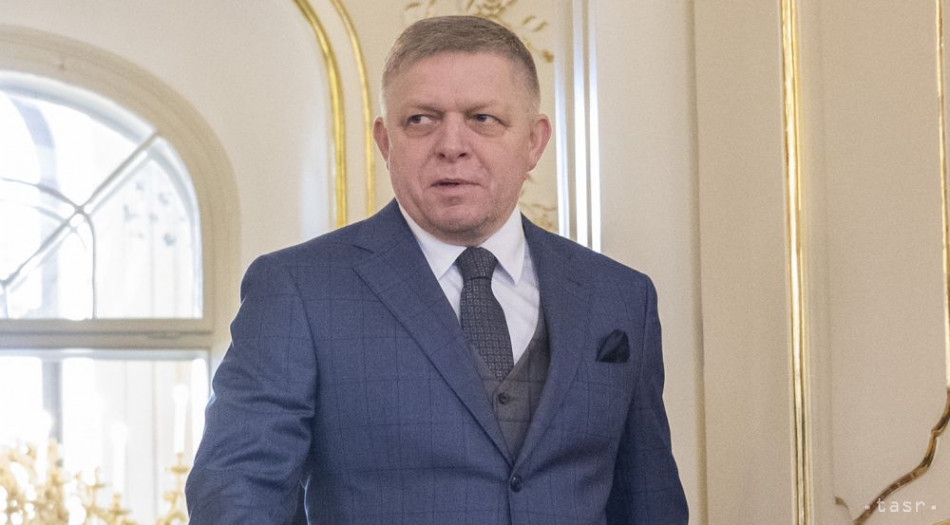
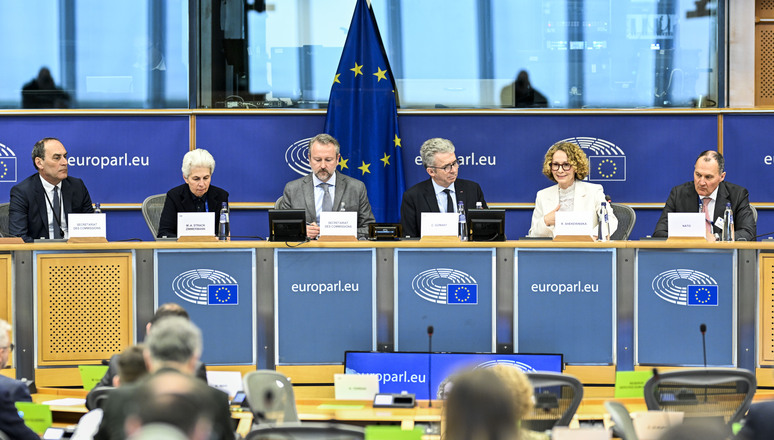


.png?Expires=1838763821&Key-Pair-Id=K2ZIVPTIP2VGHC&Signature=IO0~CT3pU-TcxGc~yoZSmoQx23MZVuK-~4jSii~NKEblRmyO3el7NXPu~Rh1o23voASg7hlcHLw4kvQuDK1jssEhcjoNBBvEpZ~GGOAU6yosBhpHpeF179F~h7i6VxmsBNh9gtTutkoqY73O2YCFey~IAqSzKbBqETP1kP9cAg1916Z1YkJJs-5MliMrkZ5d7-mWGLbpHp2wGj2VlMph8XzYlL4~y1O7fB~JdIS~Rs4RMRs2x0WT1qUIpHAsf3GdwtOyAmKFSpIg8xCyNGZZ5h~13nXlmpd7uPvW8tBfttpG9pFTqcway-uch5WyfHOEfi7UlJCOWrr6fCYY5PMgSg__)







